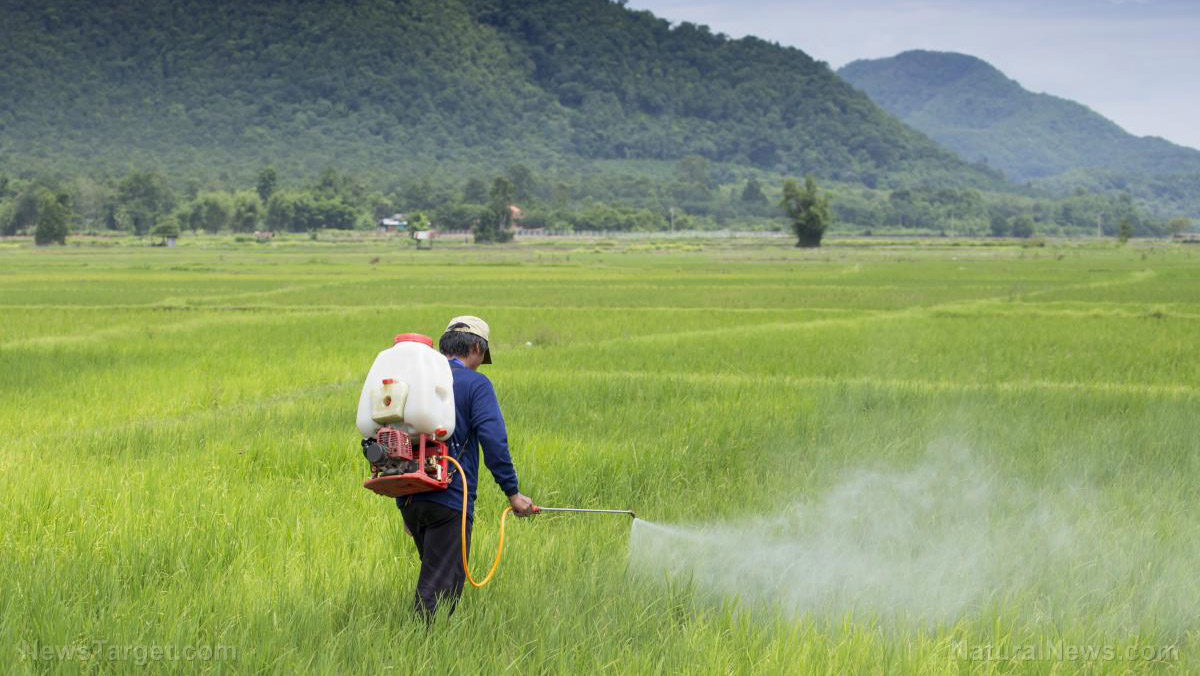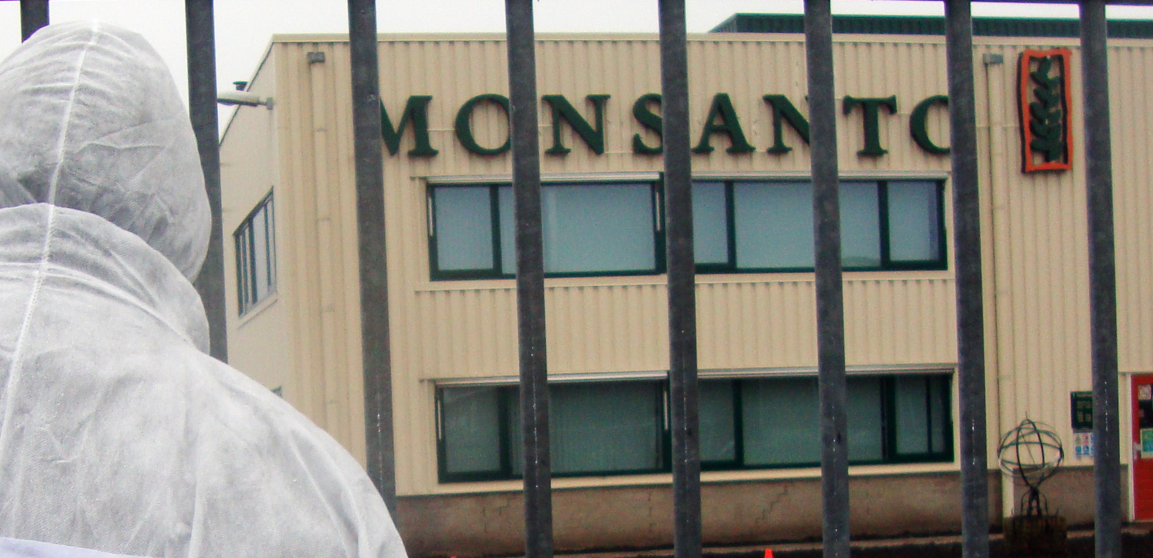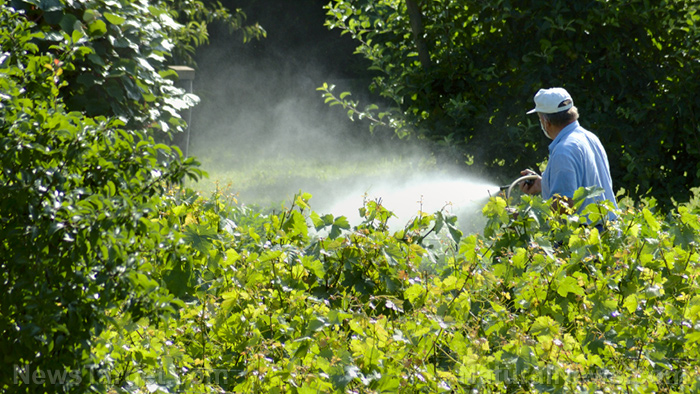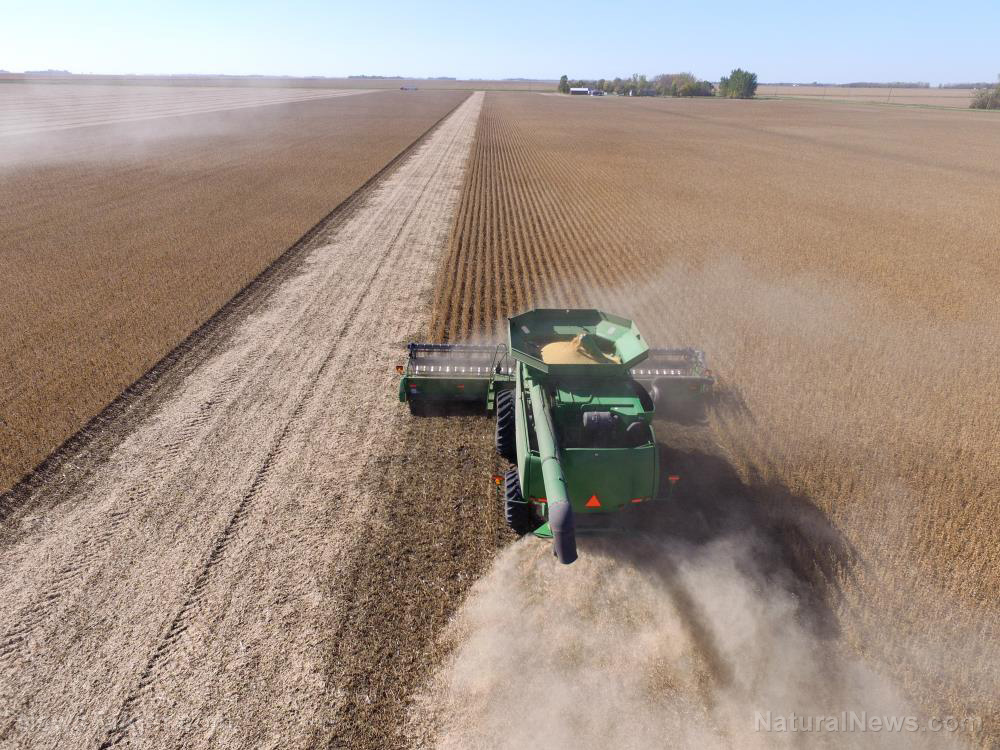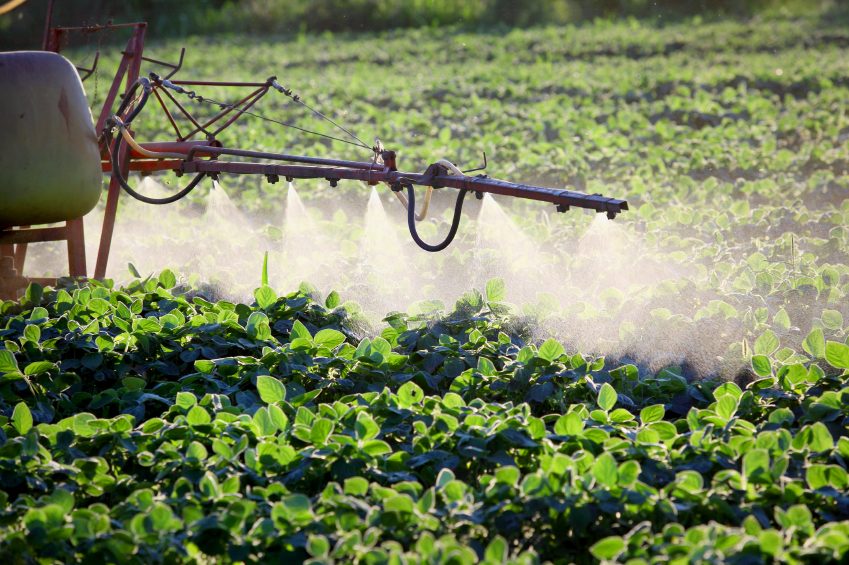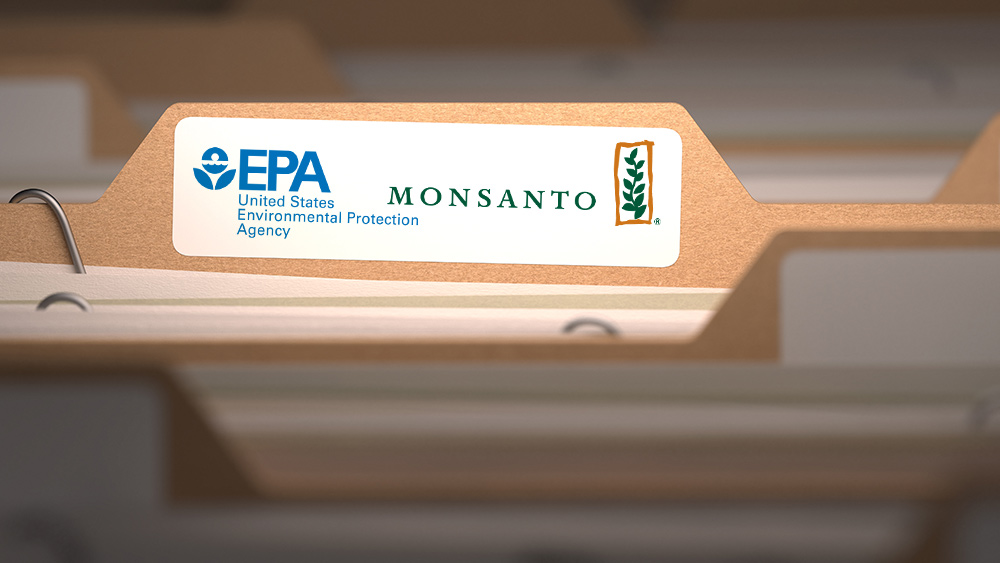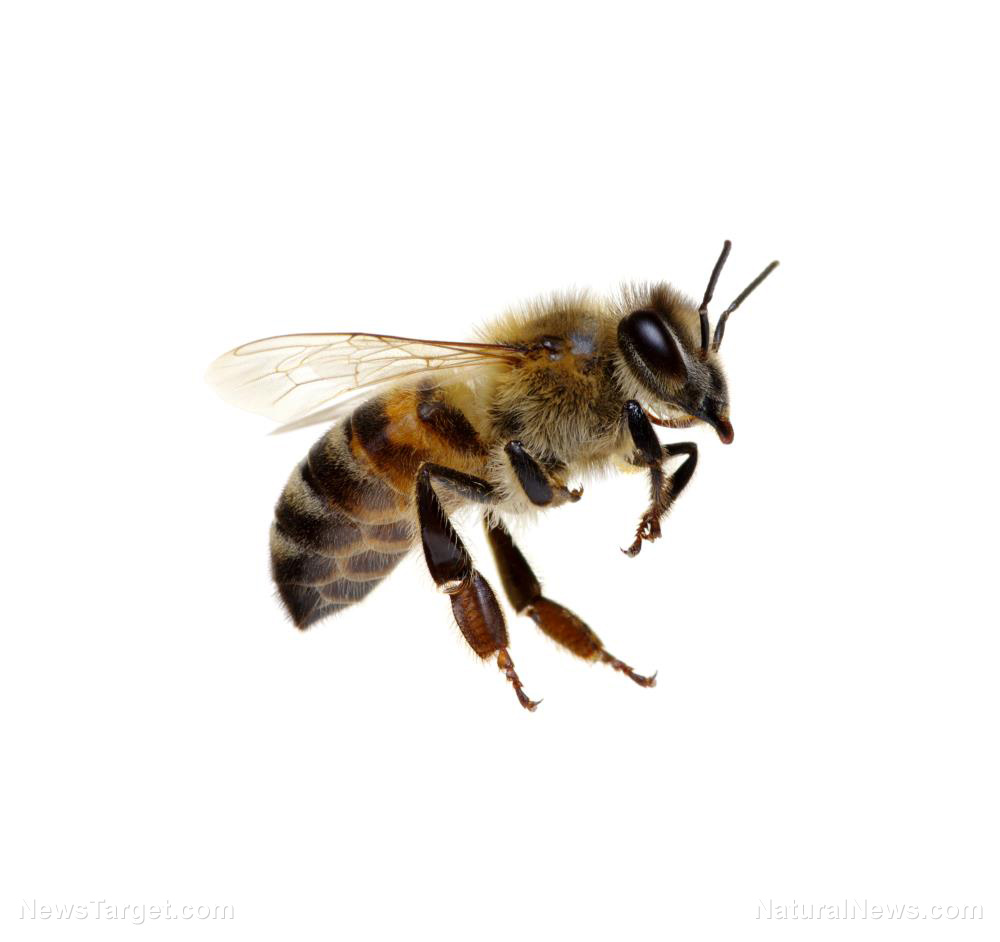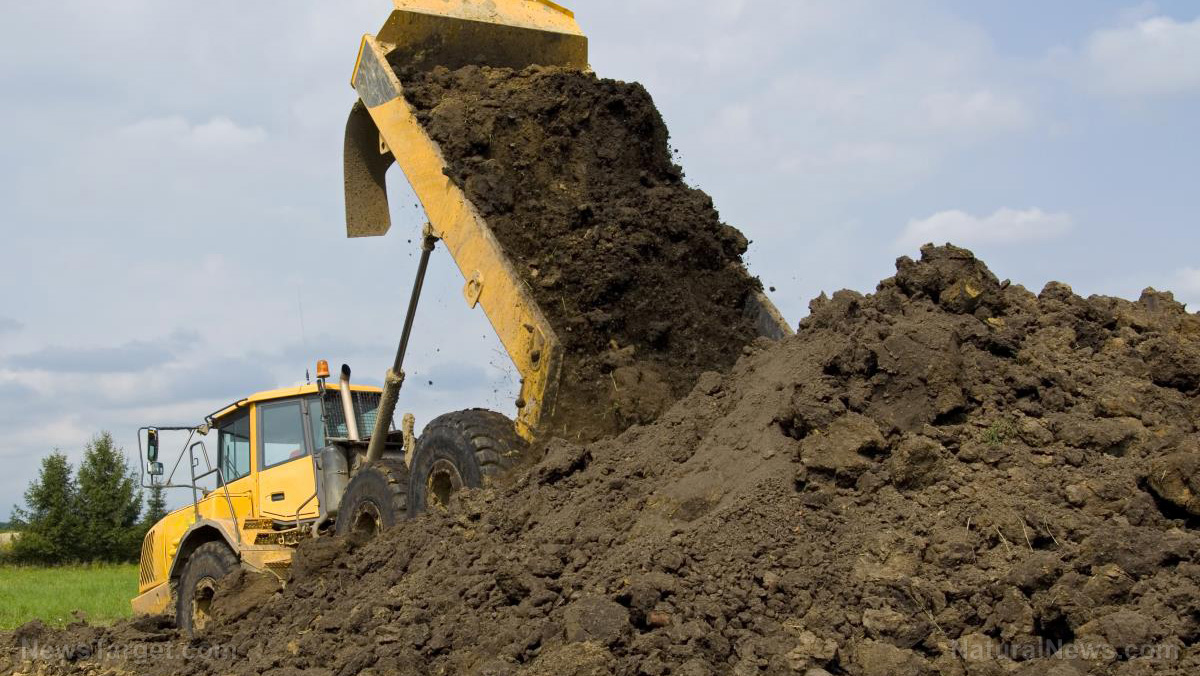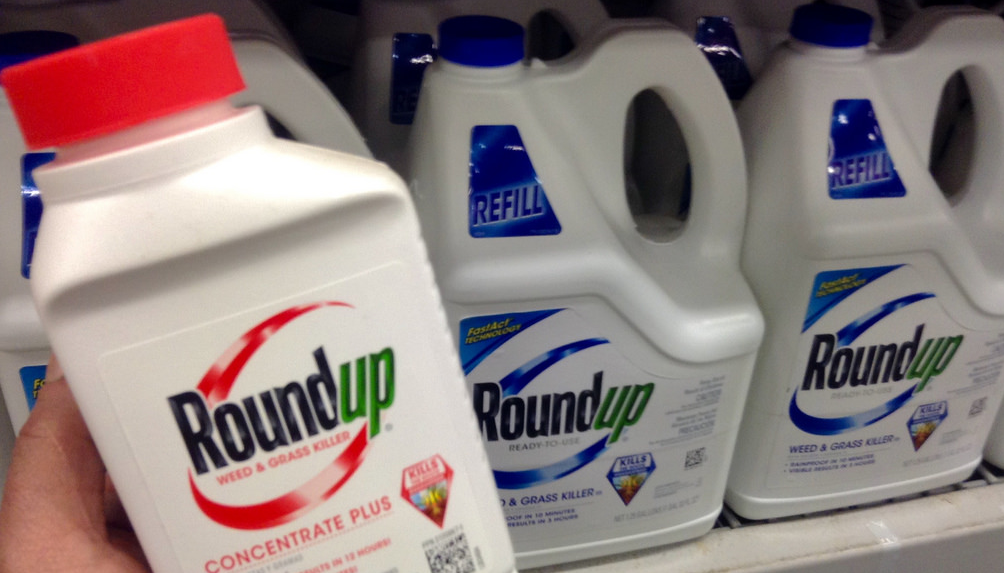Crop chemicals are preventing the brains of baby bees from developing
03/09/2020 / By Ethan Huff

They say we need them to grow enough food for everyone on the planet. But the irony is that continuing to use them is actually killing off the bees and other pollinators we absolutely need to even grow food at all.
Pesticides are what we’re talking about, here, and new research out of Imperial College London has determined that they’re impairing the healthy development of bee brains during their larval phase.
Using micro-CT scanning technology, British scientists identified specific areas of bumblebee brains that grew abnormally when exposed to pesticides during their early years.
A likely explanation for the disturbing phenomenon of colony collapse disorder (CCD), pesticide exposure during a bee’s developmental period affects not just the individual bee but the entire colony.
“Bee colonies act as superorganisms, so when any toxins enter the colony, these have the potential to cause problems with the development of the baby bees within it,” says Dr. Richard Lee, lead author of the new research from Imperial’s Department of Life Sciences.
“Worryingly in this case, when young bees are fed on pesticide-contaminated food, this caused parts of the brain to grow less, leading to older adult bees possessing smaller and functionally impaired brains.”
Perhaps the most disturbing aspect of Dr. Lee’s findings is that the damaging effects of pesticide exposure in developing bees appears to be permanent and irreversible, carrying well into adulthood up until the point of death.
“These findings reveal how colonies can be impacted by pesticides weeks after exposure, as their young grow into adults that may not be able to forage for food properly,” Dr. Lee further warns.
“Our work highlights the need for guidelines on pesticide usage to consider this route of exposure.”
For more related news about the plight of bees, butterflies, and other pollinators in the age of pesticides and herbicides, be sure to check out Bees.news.
Trump administration declares cancer-causing herbicide glyphosate to be “safe”
Published in the journal Proceedings of the Royal Society B, a groundbreaking paper covering these findings explains how the micro-CT scan technology used to arrive at them offers amazing, never-before-observed insights into the utterly detrimental effects of crop chemicals on bees.
Particularly in what’s known as the “mushroom body” of the insects’ brains, pesticide exposure was found to impair their ability to learn and remember important tasks, including food gathering. And, again, the damage lasted into adulthood, suggesting that such effects are permanent.
“There has been growing evidence that pesticides can build up inside bee colonies,” adds Dr. Dylan Smith, another study co-author from the Department of Life Sciences at Imperial.
“Our study reveals the risks to individuals being reared in such an environment, and that a colony’s future workforce can be affected weeks after they are first exposed.”
Dr. Smith further warns that it’s not just the pesticide residue left on plants that’s a worry. It’s also the residue present inside the colonies that few are paying attention to, or flat-out rejecting as a considerable factor, amid the ongoing pollinator extinction crisis.
The Trump administration isn’t helping the matter any, with the Environmental Protection Agency (EPA) under Trump having recently issued a proclamation that glyphosate, a primary active ingredient in Bayer-Monsanto’s Roundup herbicide, is “safe,” even though independent science along with the World Health Organizaion (WHO), have determined that glyphosate probably causes cancer in humans.
“Today’s announcement underscores that the Trump administration’s willful ignorance of science and abject fealty toward the chemical pesticide industry knows no bounds,” stated Environmental Working Group (EWG) President Ken Cook after learning the unfortunate news about Trump’s collusion with the chemical industry.
“No American should believe for a second that Trump and EPA chief Andrew Wheeler ever give a thought to whether their policies could harm public health.”
Sources for this article include:
Submit a correction >>
Tagged Under:
baby bees, bees, brain development, bumblebees, chemicals, colony collapse disorder, contamination, crop chemicals, crops, developing, harvest, herbicides, impaired, larval phase, nectar, neurology, pollen, pollinators, toxins
This article may contain statements that reflect the opinion of the author
RECENT NEWS & ARTICLES
Weedkiller.News is a fact-based public education website published by Weedkiller News Features, LLC.
All content copyright © 2018 by Weedkiller News Features, LLC.
Contact Us with Tips or Corrections
All trademarks, registered trademarks and servicemarks mentioned on this site are the property of their respective owners.





